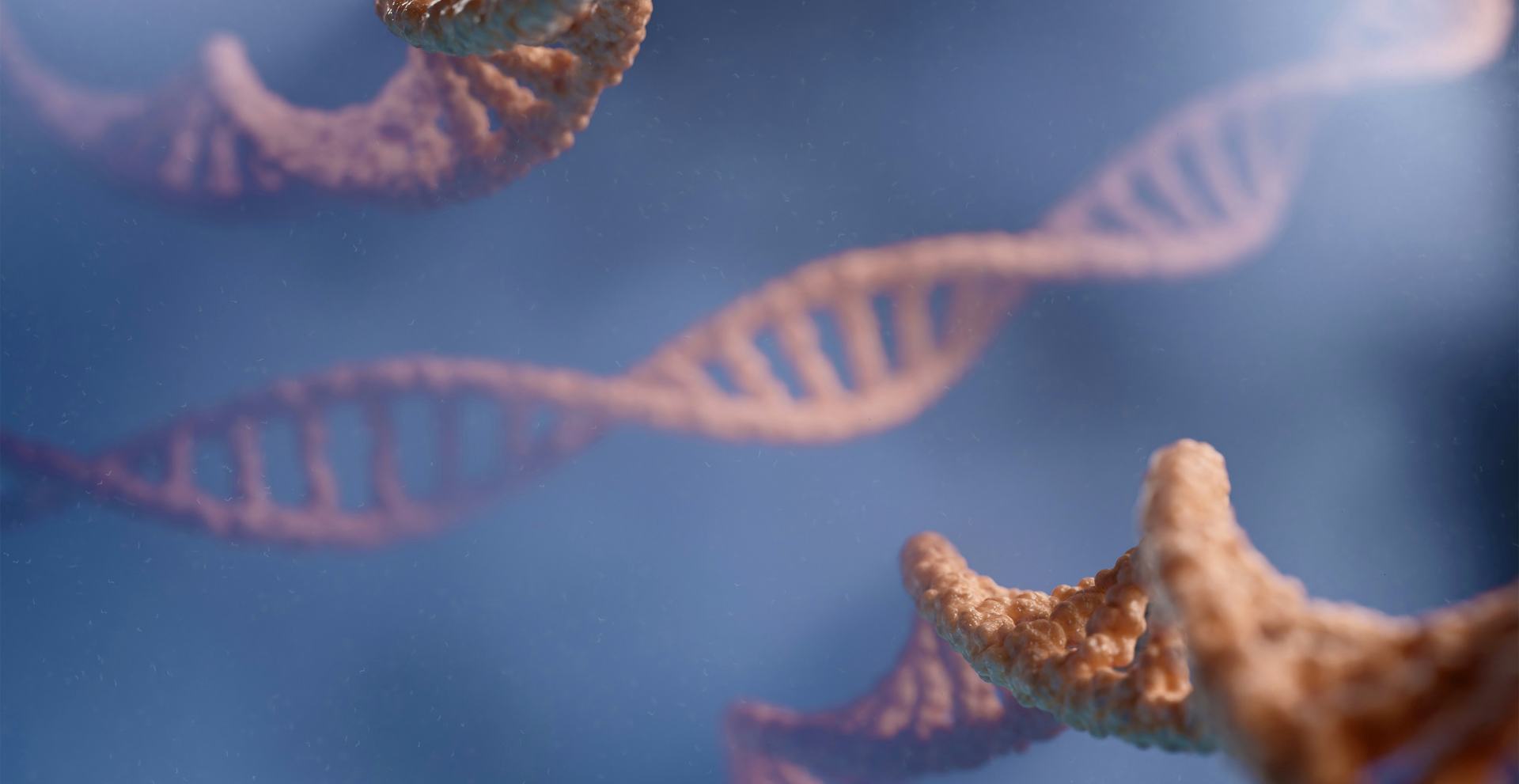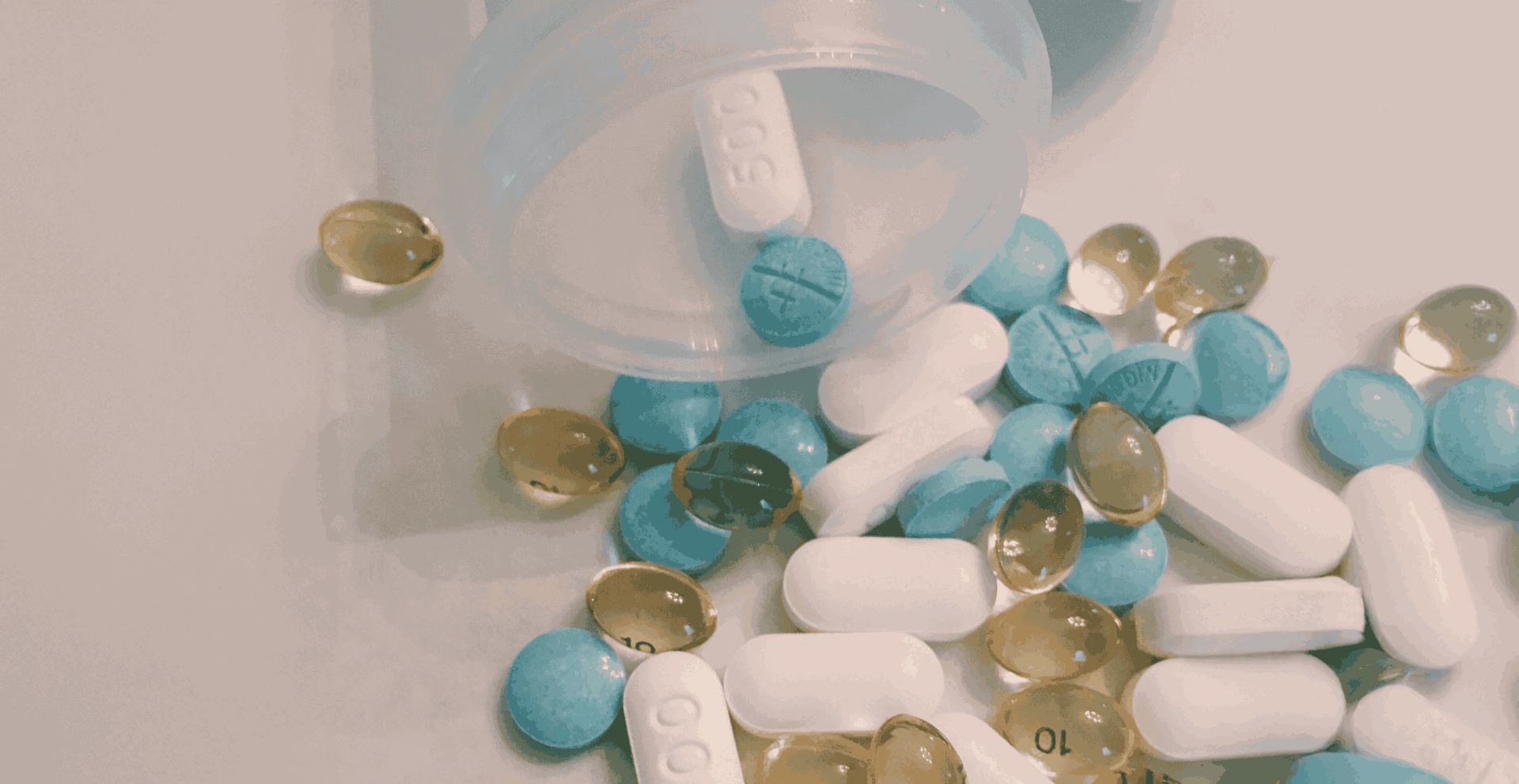Is TMS the Same as ECT?
Transcranial Magnetic Stimulation (TMS) and Electroconvulsive Therapy (ECT) are both effective treatments for mental health disorders, particularly when conventional methods have failed. While both involve stimulating brain cells, they differ significantly in approach, side effects, and suitability for different patients. Understanding these differences can help you make an informed decision about which treatment may be right for you.
What Is TMS Therapy?
TMS is a non-invasive procedure that uses magnetic pulses to stimulate nerve cells in specific areas of the brain, such as the dorsolateral prefrontal cortex, which are associated with mood regulation and cognition. These areas may be underactive or dysfunctional in people with mental health disorders. By increasing electrical activity, TMS promotes the release of neurotransmitters (chemical messengers) and enhances the activation of these regions.
TMS also improves functional connectivity, which refers to the communication between different brain areas. This increased connectivity can help form new patterns of thinking and behavior.
During a TMS session, a magnetic coil is placed on the scalp over the target brain regions. Patients remain awake, and the procedure is performed on an outpatient basis, allowing them to return home after their session. A typical session lasts 30 to 40 minutes, and most patients require 20–30 sessions over four to six weeks for optimal results.
TMS is particularly effective for individuals who haven’t experienced relief from traditional treatments like medication or therapy. It is most commonly used to treat depression, obsessive-compulsive disorder (OCD), and addiction, but it is being explored for several other conditions.
What Is ECT?
ECT is a more invasive treatment that uses controlled electrical currents to induce a brief seizure in the brain. The procedure is performed under general anesthesia, with two electrodes placed on the scalp to deliver the electrical currents. Each session lasts about an hour, including preparation and recovery, while the seizure itself lasts 30–60 seconds.
ECT stimulates widespread brain activity and the release of neurotransmitters, often providing rapid relief for severe cases of depression, bipolar disorder, or catatonia. While the exact mechanism of action is not fully understood, ECT’s ability to produce fast results makes it a lifesaving option for individuals with treatment-resistant depression (TRD) or life-threatening symptoms.
TMS vs. ECT: Key Differences
Treatment Process
- TMS: Non-invasive and performed on an outpatient basis. Patients remain awake during the session, and no anesthesia or recovery time is required. The treatment is spread out over several weeks.
- ECT: Requires general anesthesia and is typically administered 2–3 times a week for 6–12 sessions. Recovery time is needed after each session due to the effects of anesthesia and the seizure.
Effectiveness
- TMS: Effective for moderate to severe mental health disorders, with noticeable improvements after a few weeks of treatment. It is especially suited for individuals who have not responded to conventional medication.
- ECT: Ideal for severe mental health disorders with potentially life-threatening symptoms where rapid relief is essential.
Side Effects
- TMS: Side effects are generally mild and temporary. Common issues include headaches, scalp discomfort, and lightheadedness. Rarely, TMS may cause seizures or hearing issues.
- ECT: Side effects are more intense and may include short-term memory loss, confusion, fatigue, muscle soreness, and headaches. In rare cases, ECT can cause long-term memory problems or cognitive issues.
Who Is a Good Candidate for Each Treatment?
Mental Health Conditions
- TMS: Recommended for moderate to severe depression and OCD when other treatments have failed. It is also useful for individuals struggling to quit smoking or other potentially life-threatening addictions.
- ECT: Typically reserved for severe, treatment-resistant depression (TRD), bipolar disorder, schizophrenia, and catatonia.
Treatment History
- TMS: Suitable for those who have tried antidepressants or talk therapy without success. It is also a good option for people struggling to overcome addiction despite multiple therapies.
- ECT: Often considered when multiple other treatments, including TMS, have failed or when a faster response is critical.
Medical Eligibility
- TMS: Does not require general anesthesia, making it safer for patients with certain medical conditions.
- ECT: Since it involves anesthesia, additional medical evaluations may be required for individuals with cardiovascular or respiratory issues.
Explore TMS Treatment Options at Friendswood Psychiatry Clinic
At Friendswood Psychiatry Clinic, we offer advanced treatments like TMS to support your journey toward improved mental health. Our compassionate team designs personalized treatment plans tailored to your unique needs, ensuring the best possible outcomes. To provide a holistic approach, we also offer talk therapies that can be integrated into your program, helping you achieve lasting well-being and a better quality of life.
If you’d like to learn more, be sure to book a free consultation with one of our team members.

HELPFUL LINKS
SCHEDULE A CONSULTATION
It's important to know that you are not alone. You can get help with depression today!
WE SUPPORT MENTAL WELLNESS
- Depression
- Anxiety
- ADHD
- OCD
- Adjustment Disorders
- Life Transitions
- Autism Management
- Binge Eating Disorders
- Smoking Cessation







